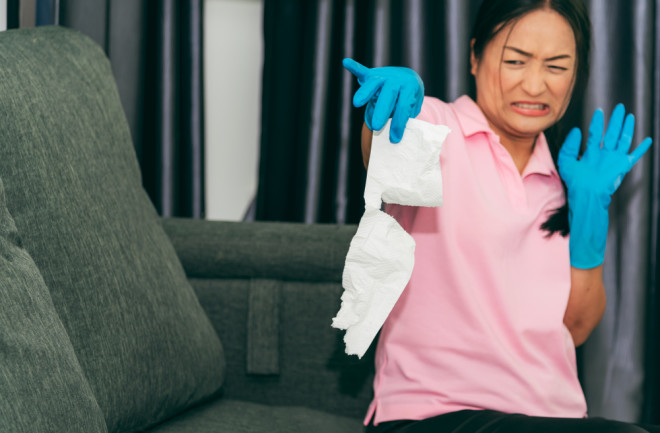(Inside Science) — Imagine putting your hand in a pile of poop. It stinks and squishes. What do you do next?
Most likely, you'll scrub that hand with plenty of soap — and you don't need public health officials or a germ theory of disease to tell you that's the right thing to do. But when you touch the handrail on an escalator, it's much harder to remember that you could be picking up coronavirus germs.
Humans have instincts that have evolved over millions of years to steer them away from infectious diseases. In some ways, these psychological adaptations — collectively dubbed "the behavioral immune system" — are helping us fight the COVID-19 pandemic. In other ways, they're failing us. And some experts warn that if we're not careful, our pandemic-heightened instincts could turn us into more bigoted, less compassionate people.
Why We Feel Disgust
For most of human history, infectious diseases probably killed more people than anything else, said Joshua Ackerman, a social psychologist at the University of Michigan in Ann Arbor. The need to defeat viruses, bacteria and other parasites has shaped well-known elements of the immune system such as antibodies and white blood cells.

